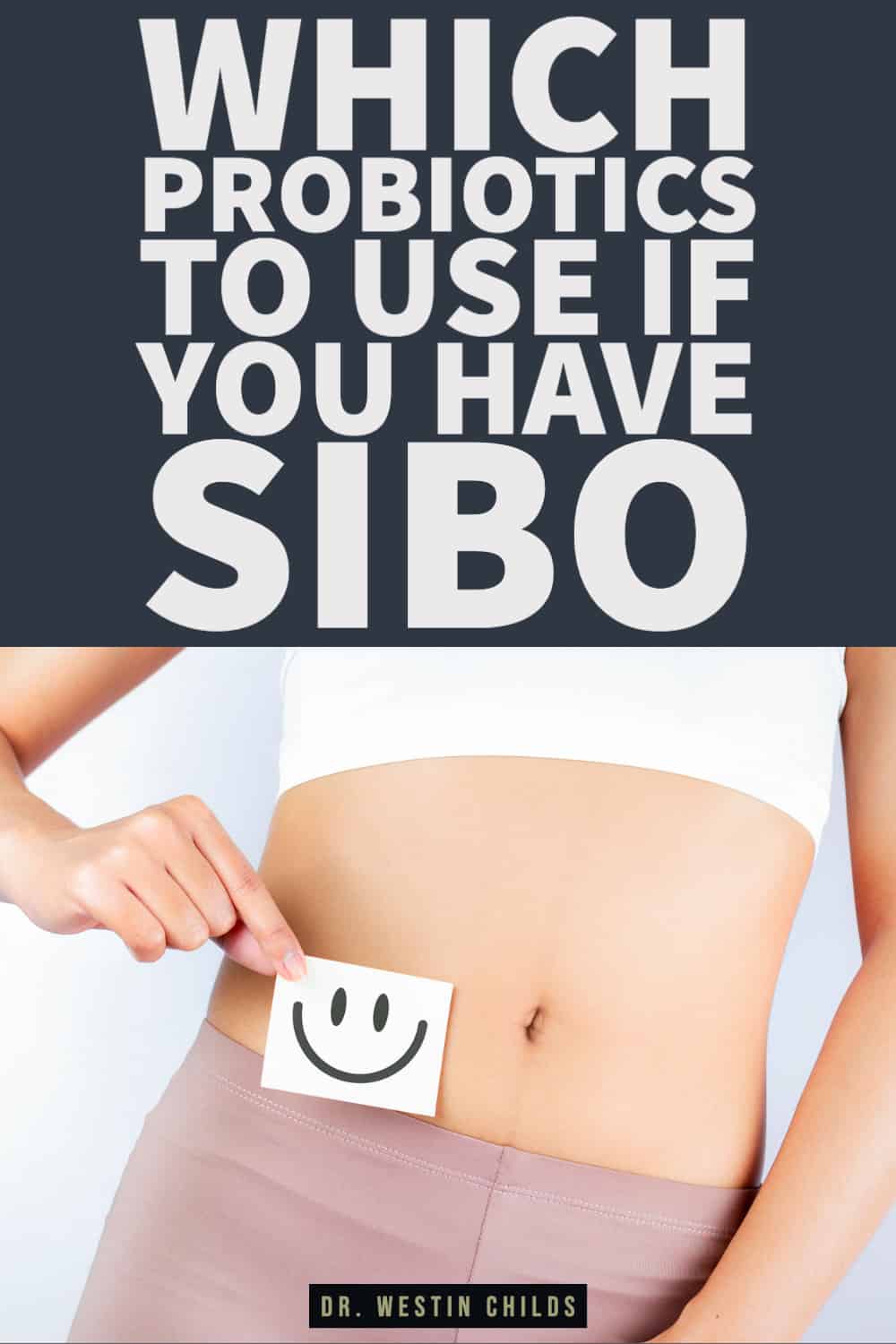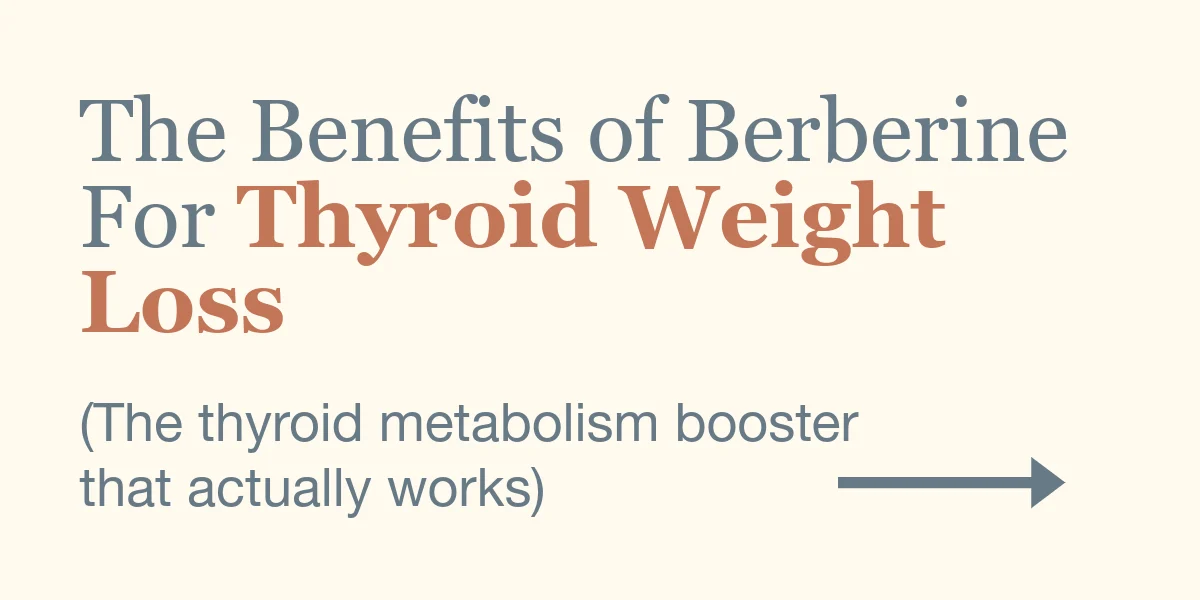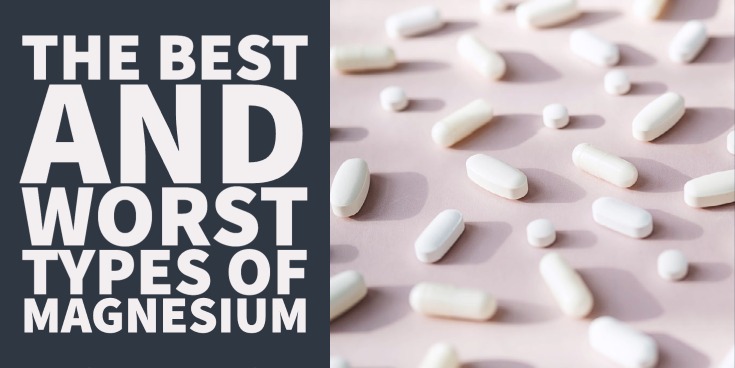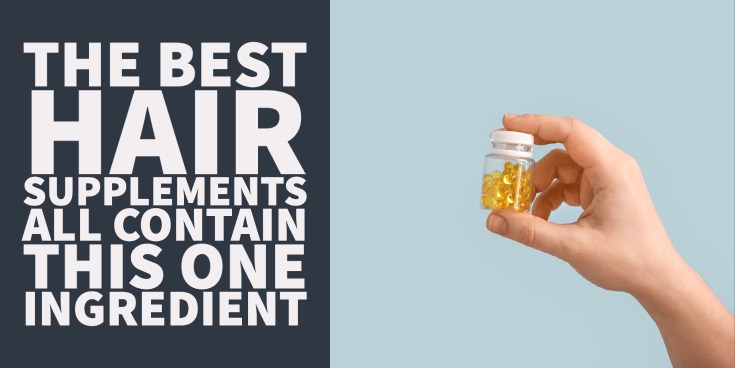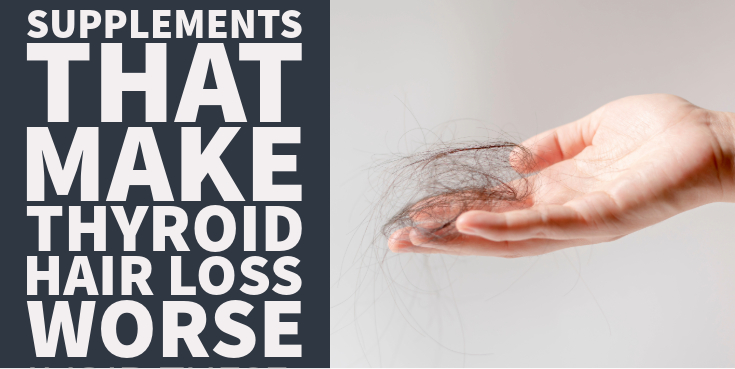Probiotics are a necessary part of treating SIBO.
Using the right probiotics can dramatically improve symptoms (if used correctly), or potentially make some of your symptoms worse.
Certain probiotics are better for SIBO than others, and you need to make sure you use the right ones.
The type, dose, and species of probiotic that you use at the beginning of your treatment should be different than what you use toward the end and throughout your treatment.
Read this article to determine which probiotics you should be taking, but more importantly which probiotics you should be avoiding:
Will Probiotics Treat SIBO?
Remember that SIBO is a condition that results in an overgrowth of bacteria in the small intestines.
It might be counter-intuitive when you consider that probiotics (meaning adding more bacteria to your gut) may actually treat SIBO, but this is indeed the case.
SIBO represents a condition of dysbiosis in the gut.
Dysbiosis refers to an imbalance in the types and proportions of microflora in your intestinal tract.
This represents a big problem for many individuals because the bacteria in your gut help you digest foods (1), modulate the immune system (2), balance neurotransmitter levels (3), boost thyroid function (4), and much more.
When the concentration of bacteria becomes dysregulated changes occur to ALL of these systems.
The overgrowth of bacteria in SIBO is usually accompanied by dysbiosis, increased intestinal permeability (5), and fungal overgrowth (6).
These conditions lead to the characteristic symptoms of SIBO (and explain why the symptoms range from abdominal gas and bloating to depression and skin conditions):
- Gas and bloating
- Constipation or Diarrhea
- Autoimmune disease
- Nausea
- Acid reflux
- IBS like symptoms
- Abdominal pain or abdominal cramps
- Digestive issues or trouble digesting your food
- Malabsorption of nutrients and minerals
- Gut inflammation and system inflammation
- Weight gain (or weight loss)
- Skin issues like acne, eczema, or rosacea
- Fatigue or low energy
- Mood changes
The presence of any of these symptoms is considered ABNORMAL and should prompt further workup to figure out what is causing them.
All of these factors should be taken into account when treating SIBO with probiotics (and other therapies that we will discuss below).
Because of the variability in the presentation of symptoms and dysregulation in hormone systems, each person may need slightly different probiotics.
The bottom line is that probiotics do help treat SIBO but they will not be enough by themselves to completely reverse the symptoms of SIBO.
Top 3 SIBO Probiotics
Probiotics, if used correctly, may help reduce the bacterial burden and improve other factors such as immune function in patients with SIBO.
Studies have shown that various probiotics work, but the studies aren’t clear on which ones are considered the “best”.
This largely has to do with the fact that SIBO represents an overgrowth of bacteria but makes no mention of the TYPE or SPECIES of bacterial overgrowth.
That means that your SIBO might be a different “flavor” due to which bacteria is overgrown in your body.
Because of this, the most important part of treating SIBO is to listen to your body and iterate on your treatment.
I’ve included the most common (and effective) probiotics that I’ve successfully used to treat SIBO patients (including myself when I was sick).
But just because they worked for some patients (or me) doesn’t mean they will work for you.
When treating yourself make sure to evaluate your symptoms and ask yourself the following questions:
Did these probiotics help me feel better?
Did these probiotics help reduce my symptoms?
Did these probiotics make my symptoms worse?
In most cases, you should NOT be experiencing negative symptoms when you start probiotics.
If this occurs then you may need to back down on your dose or completely switch probiotics entirely.
It’s also very important that you add fermented foods to whichever probiotic you decide to start with.
Fermented foods should be considered mandatory in the treatment of SIBO as they provide far more probiotics than any probiotic supplement ever will (7).
One final piece of advice:
It’s also worth considering when, how often, and how much you take when you supplement with probiotics.
In our evolutionary history, we were generally introduced to probiotics through foods in very high doses and not on a daily basis.
You may find better results by taking probiotics in large doses once per week or in between meals, etc. (Try to mix things).
#1. Prescript Assist
*Update: Prescript assist has changed its formula and I no longer recommend this probiotic. I still recommend using soil-based organisms, but you’ll want to use a probiotic like this one instead.
The first and probably most well-known supplement for treating SIBO is prescript assist.
Prescript assist falls into the category of soil-based organisms (8).
Soil-based organisms tend to be the first and best option for many patients with SIBO because they are very well tolerated and do not cause gas/bloating.
Some probiotics may be used by existing bacteria in your GI tract as a fermentable substrate which may make your symptoms worse (this is the equivalent of eating high FODMAP foods in some cases).
Soil-based organisms generally do not cause this issue.
They are “heat stable” and resistant to the acid concentration in the stomach which means that when you supplement with these probiotics you can be confident knowing that they will reach their target destination inside the GI tract.
Prescript assist is also one of the few probiotic supplements that have shown efficacy in a double-blind, placebo-controlled study (9).
While this study wasn’t performed on patients with SIBO, most of the patients in the study had a history of irritable bowel syndrome and we know that many cases of IBS may be caused by SIBO.
#2. Bifidobacteria & Lactobacilli probiotics
Bifidobacteria and lactobacilli species represent a broad spectrum of probiotics that have documented efficacy in various clinical syndromes and conditions (10).
The probiotics I am talking about specifically include:
- Bifidobacterium lactis Bl-04 (11)
- Lactobacillus bulfaricus Lb-87 (12)
- Bifidobacterium longum subspecies infantis Bi-26
- Bifidobacterium lactis HN019 (13)
- Lactobacillus plantarum Lp-115 (14)
- Lactobacillus rhamnosus HN001
- Lactobacillus brevis Lbr-35
- Lactobacillus gasseri Lg-36
Particular attention should be given to bifidobacterium lactis HN019 which has been shown in studies to decrease whole gut transit time (15) (which means speeding up the intestinal tract) in a dose-dependent manner.
Other sup species of bifidobacterium and lactobacilli have shown promise in treating diarrhea, irritable bowel syndrome, and functional gastrointestinal syndromes.
The point here is that these probiotics do have a place in the treatment of SIBO but you should proceed cautiously when using them.
Some bifido/lacto strains may cause gas and bloat in some individuals.
Because of this, it may be better to start with soil-based organisms while you kill off bacterial concentration and then switch to lacto/bifido species.
Remember your goal with probiotic supplementation should be to bring diversity and variability to your microflora.
You can bring this diversity using high-quality, multi-species, multi-strain probiotics like the ones listed below.
One benefit to using lacto/bifido strains is that you can get very high-powered and concentrated doses in 1 serving which may mimic our ancestral consumption patterns.
#3. Beneficial Yeast
I mentioned previously that many patients with SIBO also have co-existent small intestinal fungal overgrowth (SIFO).
It can be considered normal to have some yeast/fungus within your small intestines and this yeast may have evolved with us to help balance immune function (16) and help keep certain bacteria species in check.
The point here is that some patients may benefit tremendously from using these non-pathogenic yeast species, known as beneficial yeast.
The most well-known of these beneficial yeasts is Saccharomyces boulardii (17).
Using beneficial yeast may help eliminate bacterial overgrowth as yeast “fight” for some of the real estate in your intestines.
This process allows for healthy competition between yeast and bacterial species which may normalize intestinal microflora.
If you’ve failed other probiotics then it may be worth a trial of this yeast to see if they are the missing link in your treatment.
Other SIBO Supplements
While probiotics can help reduce the symptoms of SIBO they should always be accompanied by other supplements and therapies.
I’ve discussed an 8 step treatment guide to SIBO in this post, but I will also include some of the other basic supplements that you will want to consider using in SIBO below:
Prokinetics
Prokinetics are supplements that help increase the peristalsis of the GI tract.
SIBO is a condition that results in excess gas production which may slow down intestinal transit time and result in severe constipation.
Certain medications and supplements help increase the activity and propulsion of the GI tract which can help normalize bowel movements and help reduce bacterial load in the gut.
In cases of severe constipation, prokinetics should be used in conjunction with probiotics to both normalize bacterial levels and normalize stooling.
If you are suffering from constipation then you should consider the use of prokinetics to help:
- Iberogast -> Iberogast is a liquid formula that contains 9 herbs that have been shown in studies to improve the motility of the GI tract. Iberogast acts as a prokinetic in the intestinal tract and may reduce nausea, constipation, and other symptoms associated with slow gastric motility.
- 5 HTP + Ginger -> Both ginger and 5-HTP have been shown to help improve intestinal motility. 5-HTP acts as a precursor to serotonin in the body while ginger directly acts on the GI tract. I recommend using both of these supplements together for the best results.
- Medications like Reglan (21) & erythromycin (22) -> These prescription medications must be prescribed by a physician (or gastroenterologist). Caution must be used when using erythromycin because it is also an antibiotic and may kill off beneficial bacteria in SIBO patients.
Supplements for Constipation in SIBO patients
Another important aspect of treating SIBO is addressing irregular bowel movements or stooling patterns.
I’m going to focus on constipation in this setting because probiotics along with prebiotics are often sufficient to improve the symptoms of patients who have diarrhea-predominant SIBO.
Constipation-predominant SIBO is another beast entirely.
In treating patients with severe constipation associated with methanogenic bacteria (23) it becomes essential to treat constipation and achieve regular bowel movements.
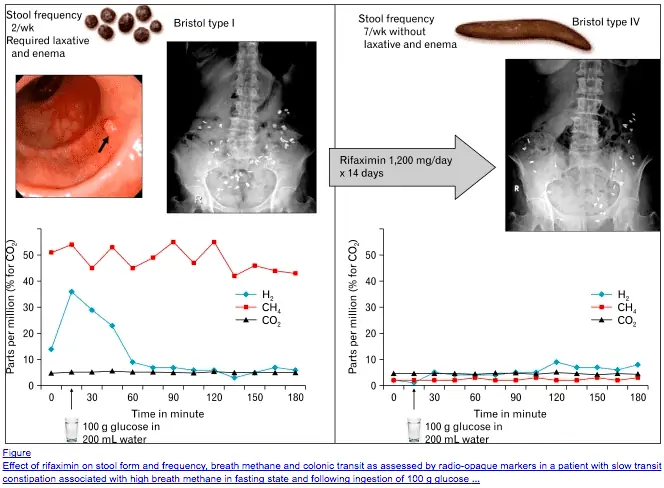
Bowel movements contain large amounts of bacteria that are “shed” from the GI tract each time you go to the bathroom.
Constipation results in a higher than normal bacterial burden in the GI tract which may cause issues if patients also suffer from intestinal permeability or leaky gut.
Achieving regular bowel movements alleviates this bacterial burden and helps treat the bacterial overgrowth problem.
If you are suffering from constipation you can use these supplements to help normalize your stooling patterns while you address bacterial overgrowth with herbal antibiotics or prescription antibiotics:
- Vitamin C (sodium ascorbate) -> In large doses vitamin C will result in bowel movements. Some people may need doses as high as 2-5 grams per day (2,000 to 5,000mg). Start with lower doses and increase as necessary.
- Magnesium citrate -> Magnesium citrate is notorious for treating constipation in the hospital setting and it can be used as an outpatient as well. Magnesium in combination with Vitamin C (above) will cause bowel movements within 30-60 minutes of ingestion. Doses of 200mg to 2,000mg of magnesium may be necessary depending on the degree of constipation.
- Prokinetics (see above)
Supplements to reduce gas/bloating
One of the most common symptoms of SIBO is gas and bloating.
Gas, in the setting of SIBO, is caused by multiple factors ranging from bacterial gas production to abnormal handling of the gas inside the intestinal tract:
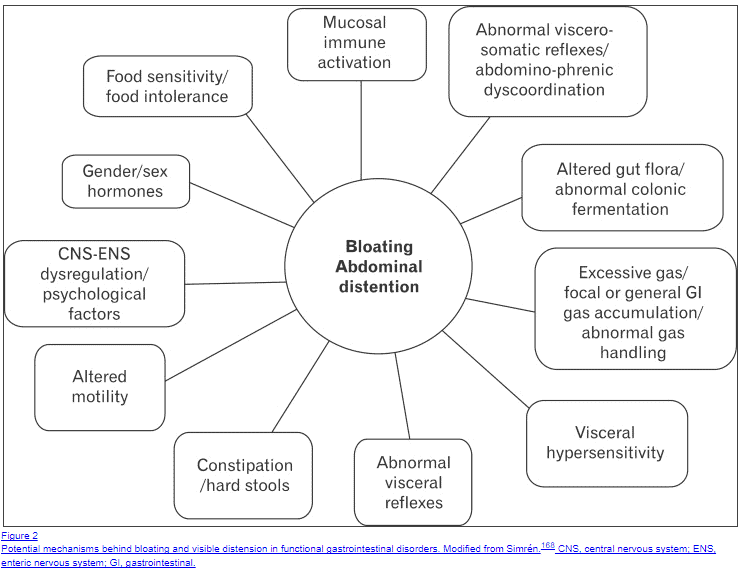
No matter how you look at it, gas/bloating/abdominal distention is not good for your GI tract.
Progressive distention of your GI tract may lead to conditions such as colonic atony (24) or severe and chronic constipation.
Supplements are available that help “absorb” some of the gas production in SIBO which may help reduce these symptoms.
Not all supplements will work for everybody, but if you are suffering from gas/bloating then I recommend a trial of Atrantil in combination with herbal antibiotics and prokinetics.
Atrantil helps reduce gas and bloating and contains special herbs that absorb the gas created by certain bacteria.
Back to you
Remember that your supplementation needs to be tailored to your body.
Not everyone will need the exact same probiotic (or other supplements) which is why I’ve included multiple options.
Over time you should switch up probiotics, even if they are working for you, to allow for more diversity in your intestinal tract.
Now it’s your turn:
Do you have SIBO?
Have probiotics helped reduce your symptoms?
Which ones worked for you?
Leave your comments below!
